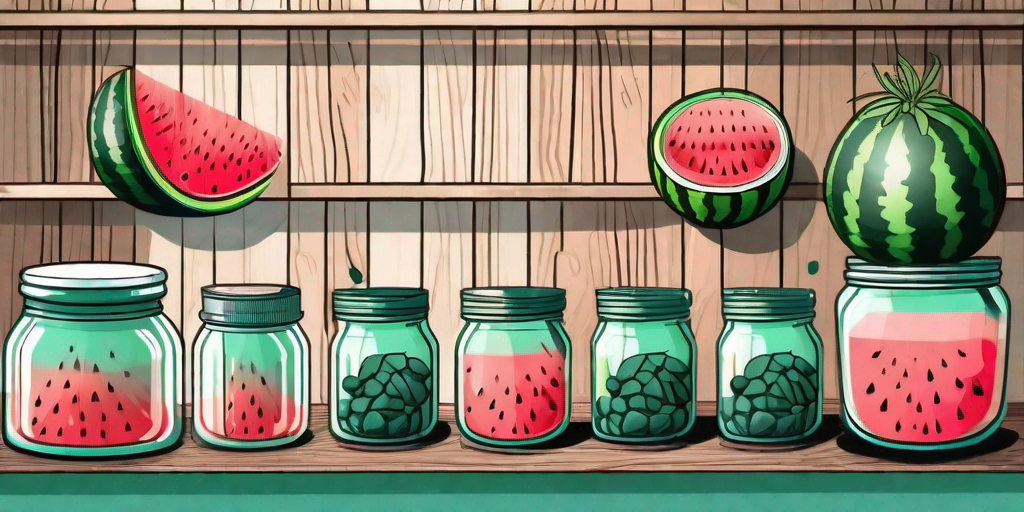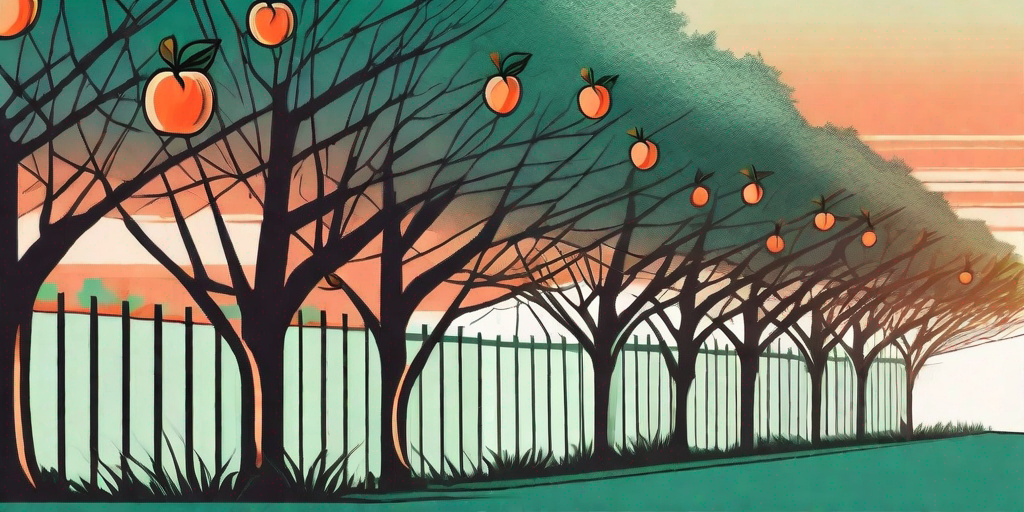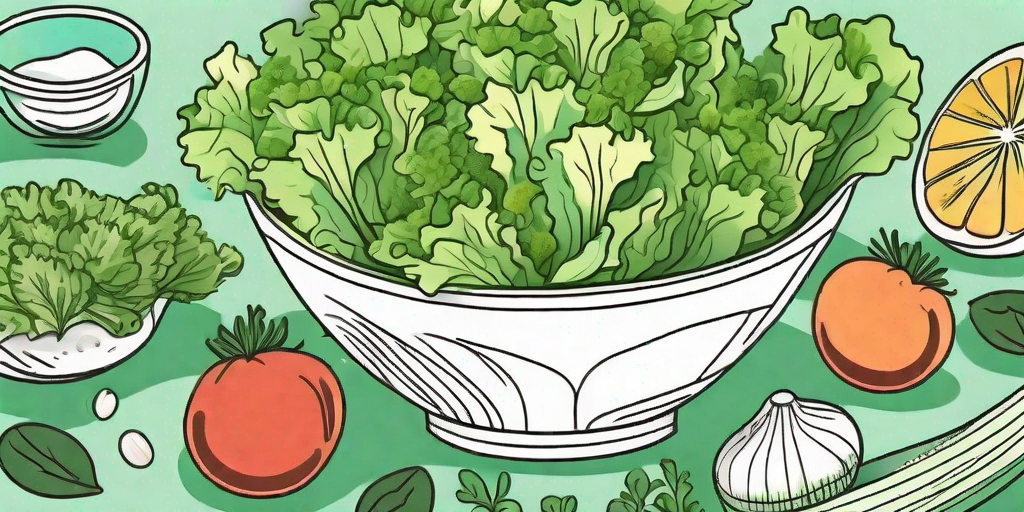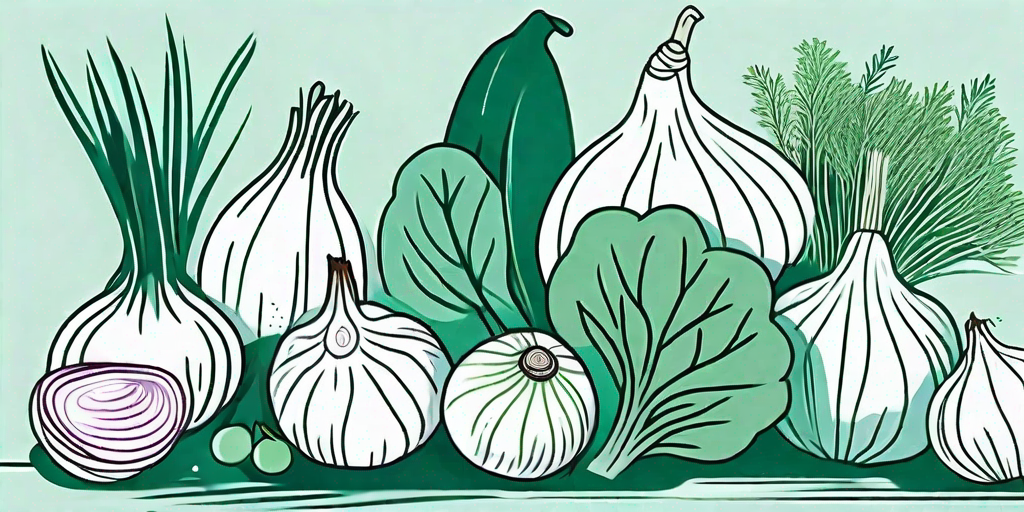
Watermelons, those juicy, refreshing fruits that are the epitome of summer. But have you ever thought about those little black seeds that you spit out or meticulously pick out before indulging? They're not just a nuisance, they're a treasure trove of potential future watermelons. In this guide, we'll delve into the world of watermelon seed saving and preservation. So, buckle up, it's about to get seedy!
The Magic of Seed Saving
Seed saving is a time-honored tradition that dates back to the dawn of agriculture. It's the practice of saving seeds from vegetables, herbs, and flowers for use from year to year. This is a great way to preserve heirloom varieties, promote biodiversity, and achieve a certain level of self-sufficiency. Plus, it's pretty darn cool to be able to grow your own food from a tiny seed.
But why watermelon seeds, you ask? Well, aside from the fact that they can grow into a delicious fruit, watermelon seeds are also packed with nutrients like magnesium, iron, and folate. So, saving them is like saving little nuggets of nutritional gold. Plus, they're surprisingly easy to save and preserve, which brings us to our next point.
How to Save Watermelon Seeds
Step 1: Choose Your Watermelon
Not all watermelons are created equal, especially when it comes to seed saving. You'll want to choose an open-pollinated or heirloom variety, as hybrid varieties often produce sterile seeds. Look for a ripe, healthy watermelon. If you're not sure how to pick a ripe one, give it a tap. If it sounds hollow, it's ready to go.
And remember, the better the watermelon, the better the seeds. So, choose a watermelon that's sweet, juicy, and delicious. If it's not something you'd want to eat, why would you want to grow more of it?
Step 2: Extract the Seeds
This is the fun part. Cut open your watermelon and scoop out those seeds. You can use a spoon, your fingers, or even recruit some eager kids for the job. Just make sure to get all the seeds, even the ones hiding in the corners.
Once you've collected your seeds, rinse them under cold water to remove any remaining fruit flesh. This is important, as any leftover fruit can cause the seeds to rot during storage. And nobody wants rotten seeds, right?
Step 3: Dry the Seeds
Now, it's time to dry your seeds. Spread them out on a paper towel or a piece of newspaper and let them air dry. This can take anywhere from a few days to a week, depending on your climate. Be patient, it's worth the wait.
Once your seeds are completely dry, they're ready for storage. But before we get into that, let's take a quick detour into the world of seed viability.
Understanding Seed Viability
Seed viability refers to a seed's ability to germinate and grow into a healthy plant. Not all seeds are viable, and viability can decrease over time. Factors that can affect seed viability include the age of the seed, storage conditions, and the type of seed.
Watermelon seeds are generally viable for about 4 years, but this can vary depending on storage conditions. So, if you're planning on saving your seeds for future planting, it's important to store them properly. Which brings us to our next section.
How to Store Watermelon Seeds
Step 1: Prepare for Storage
Before you store your seeds, you'll want to make sure they're properly labeled. Trust me, you don't want to mix up your watermelon seeds with your pumpkin seeds. It can lead to some very confusing garden situations.
Write the type of seed and the date of collection on a piece of paper or a label. Then, place your seeds in a paper envelope or a glass jar. Avoid plastic bags, as they can retain moisture and cause your seeds to mold.
Step 2: Choose the Right Storage Conditions
When it comes to storing seeds, the three key factors are temperature, humidity, and light. Seeds should be stored in a cool, dark, and dry place. The fridge is a great option, as long as you keep your seeds in a sealed container to protect them from moisture.
Remember, the better your storage conditions, the longer your seeds will stay viable. So, treat your seeds like the precious treasures they are.
FAQs
Can I save seeds from a store-bought watermelon?
Yes, you can save seeds from a store-bought watermelon, as long as it's an open-pollinated or heirloom variety. However, keep in mind that many store-bought watermelons are hybrid varieties, which often produce sterile seeds.
Can I eat watermelon seeds?
Absolutely! Watermelon seeds are packed with nutrients and can be a healthy addition to your diet. You can roast them for a crunchy snack, or even grind them into a flour for baking.
Can I plant watermelon seeds directly from the fruit?
Yes, you can plant watermelon seeds directly from the fruit. However, it's generally recommended to dry the seeds first to prevent them from rotting in the soil.
Conclusion
And there you have it, folks! The ultimate guide to saving and preserving watermelon seeds. So, the next time you're enjoying a juicy watermelon, don't just spit out those seeds. Save them, preserve them, and grow your own delicious watermelons. It's a fun, rewarding, and tasty way to embrace the magic of seed saving. Happy planting!











